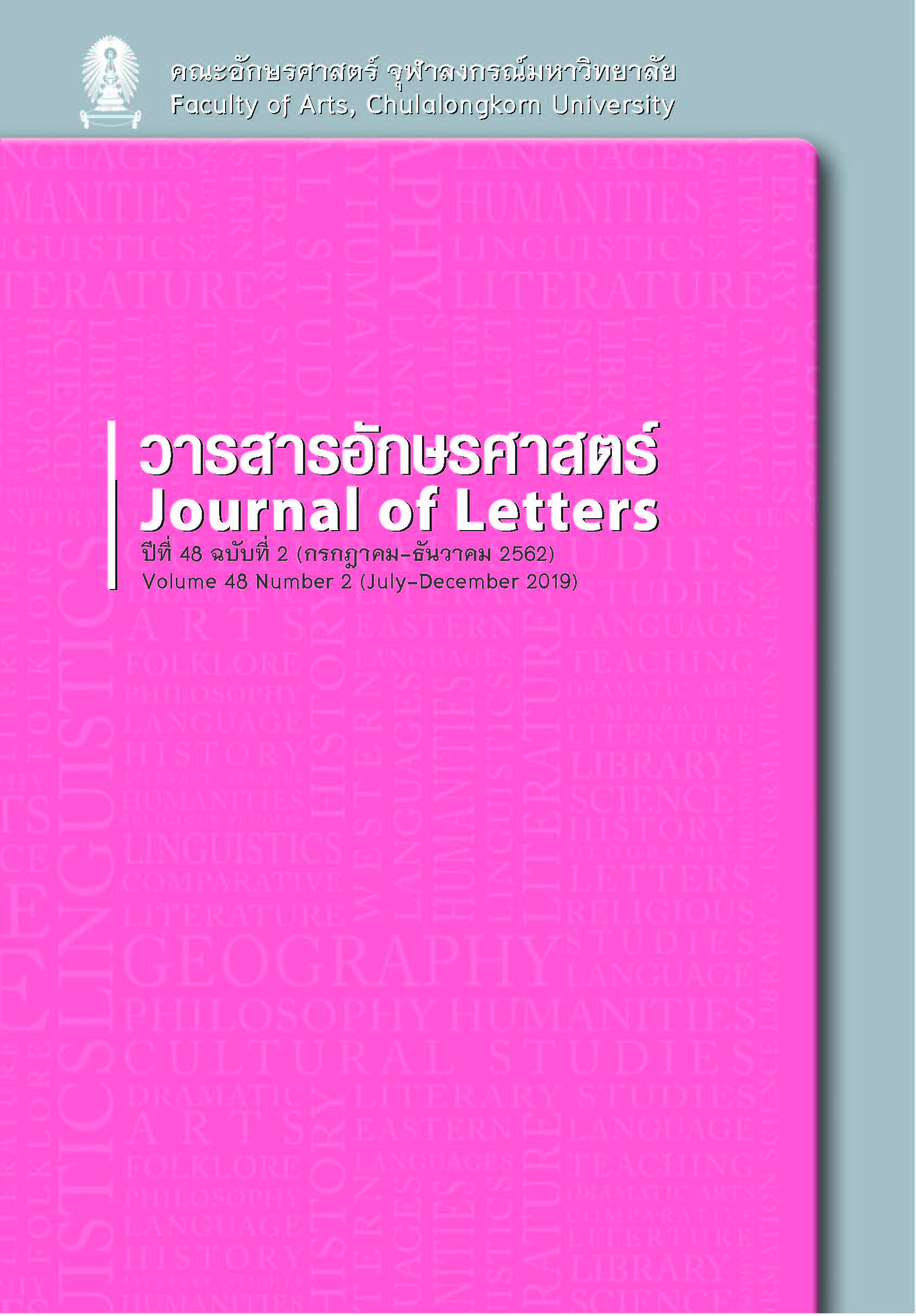Imagination’s Role in Emotional Responses to Fiction
Keywords:
emotional responses, fiction, imagination, imaginative process, emotions, rational feelings, philosophy of literatureAbstract
This essay argues that emotional responses to fiction are genuine and rational. Emotional responses are not reflexes; they are an intrinsically valuable process of deliberation. The indispensable requirement for an emotional response is imagination. When reading fiction, imagination helps us emotionally engage with the text. Imaginative involvement in reading profoundly influences the reader; it can motivate us in myriad ways and blur awareness of the difference between reality and fantasy, while also enabling understanding and sharing of the feelings of fictional characters and even authors. Lastly, imaginative resistance shows that we intuitively use the same moral standards to judge both fictional content and fact. This is evidence of the rationality of our imaginative responses to both fiction and reality.
References
Tolstoy, Leo ตอลสตอย, เลียฟ. 2014. Anna Karenina อันนา คาเรนินา [Anna Karenina] (Sodsai, Trans.). Bangkok: Gypsy Group.
Foreign language
Corneille, Pierre. 2009. Le Cid. https://www.crdp-strasbourg.fr/je_lis_libre/livres/Corneille_LeCid.pdf, accessed Jan 17, 2019.
Currie, Gregory. 2002. Imagination as Motivation. Proceedings of the Aristotelian Society, New Series 102: 201-216. https://www.jstor.org/stable/4545370
Davies, Stephen. 2009. Responding Emotionally to Fictions. The Journal of Aesthetics and Art Criticism 67(3): 269-284. https://www.jstor.org/stable/25622077
Gendler, T. S., & Kovakovich, K. 2006. Genuine Rational Fictional Emotions. In Contemporary Debates in Aesthetics and the Philosophy of Art, ed. Matthew Kieran, 241-253. MA: Blackwell.
Matravers, Derek. 2006. The Challenge of Irrationalism, and How Not to Meet It. In Contemporary Debates in Aesthetics and the Philosophy of Art, ed. Matthew Kieran, 254-264. MA: Blackwell.
Moran, Richard. 1994. The Expression of Feeling in Imagination. Philosophical Review 103(1): 75-106. https://www.jstor.org/stable/2185873
Stock, Kathleen. 2017. Fiction, Belief, and ‘Imaginative Resistance’. In Only Imagine: Fiction, Interpretation and Imagination, 114-144. Oxford: Oxford University Press.
Tolkien, J. R. R. 1991. The Lord of The Rings. Great Britain: Harper Collins.
Walker, Alice. 2004. The Color Purple. Great Britain: Phoenix.
Walker, Jeremy. 1969. Imagination and Passion. Philosophy and Phenomenological Research 29(4): 575-588. https://www.jstor.org/stable/2105541
Downloads
Published
How to Cite
Issue
Section
License
Copyright and plagiarism
Authors are responsible for obtaining permission to use copyrighted materials from copyright owners. Authors are responsible for observing requisite copyright law when quoting or reproducing copyrighted materials. Quotations and reproductions of content from other published sources must be accompanied by a reference and all sources should be clearly listed in the references section. Quotations and reproductions of content from external sources without due attribution could be considered a severe infringement of academic conduct and may constitute a legal offence under the Copyright Act of B.E. 2537. Any legal ramifications arising from the infringement of copyright regulations would be the sole responsibility of the author(s).



